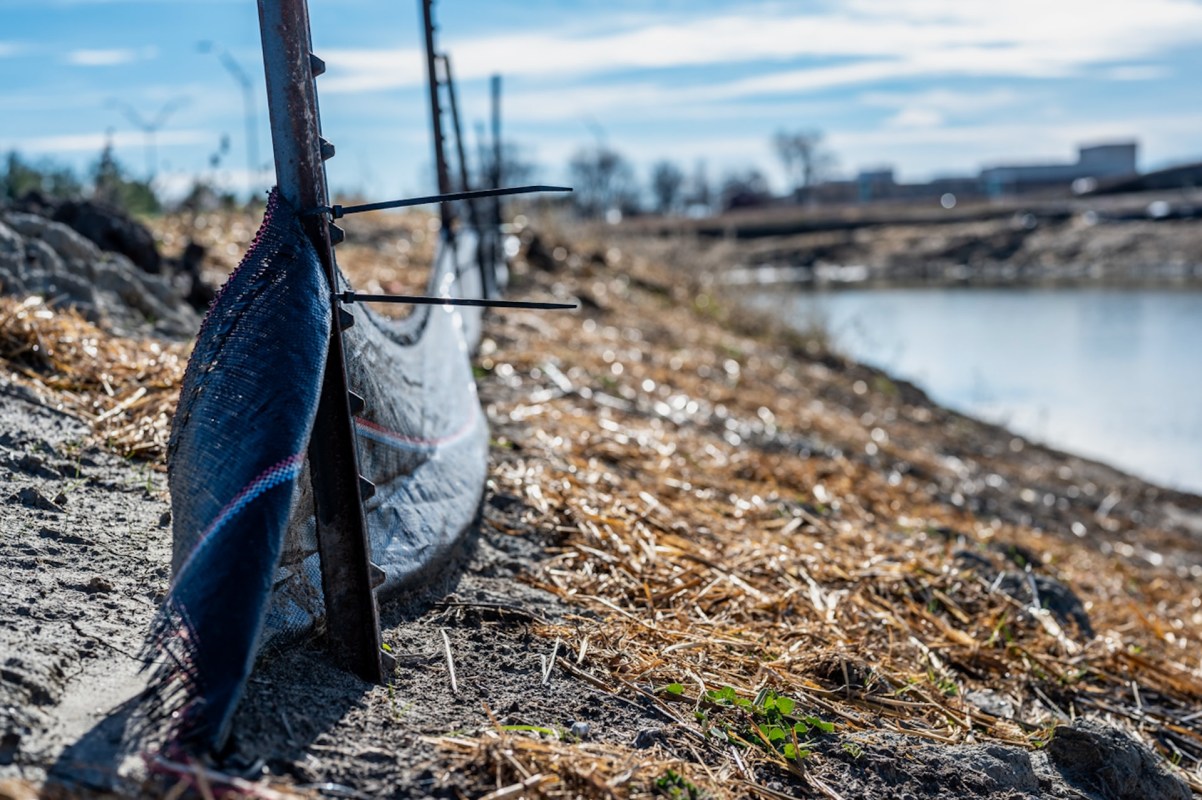Minnesota spends around $30 million every year on erosion control products — some of which are made of non-biodegradable plastics — for its state roads and construction products. But the state would like to find a biodegradable, more planet-friendly alternative, and they may soon turn to hemp.
"There are many groups that are excited about this and want to see it move forward," said Riley Gordon, an engineer with the Agricultural Utilization Research Institute (AURI) who is working with state officials to see if hemp can be a viable erosion-control material.
Though hemp is most often associated with cannabis (its sister plant), its potential uses are many, and all types of industries looking for sustainable materials to work with are beginning to look its way. Hemp has been developed into a carbon-negative biocomposite material called Hempcrete, which can be used for construction. It can also be used for insulation, clothing, and more.
The current obstacle to hemp being used for Minnesota erosion control is the cost. Though hemp stalks, a byproduct, would be the part of the plant used and would theoretically be very inexpensive, hemp farmers in the United States do not have the necessary technology to separate the byproduct.
However, Gordon is hopeful that that could change. "The economics — I have some reservations about it competing with other natural yarns (threads) that come in from other countries that are produced for next to nothing," he said. "But that's the project, and we're looking into it so we can at least understand. Maybe as things scale up and, in the future, the economics will come eventually."
The project, for which AURI received a $200,000 grant, is in its eighth month and will run for three years, during which Gordon plans to test various types of hemp samples and processes for converting those samples into usable material.
"It's such a potentially high-volume opportunity for (hemp) fiber, and starting to get some of these stalks that farmers are sitting on out into the marketplace is what it's all about. Having more end markets to justify some of these investments in processing technology is exactly what we need right now," he said.
Join our free newsletter for cool news and actionable info that makes it easy to help yourself while helping the planet.









